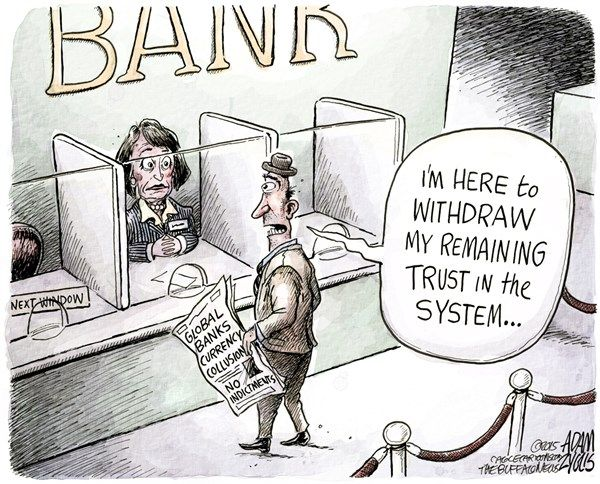The traditional high-street banking model, focused on maximizing shareholder profits, often leaves consumers feeling like a cog in a money machine. Fortunately, there are ethical banking alternatives that empower individuals and communities. This piece explores two options: credit unions and public banks.

Credit Unions: Member-Owned for Mutual Benefit
Credit unions are non-profit cooperatives owned by their members, the very people who deposit and borrow money. This flips the script on traditional banking. Here's how credit unions champion ethical banking:
- Focus on People, Not Profits: Decisions prioritize fair rates, transparent fees, and financial education for members.
- Financial Inclusion: Credit unions offer flexible loan options, making them accessible to those underserved by traditional banks.
- Community Investment: Profits are reinvested into local initiatives like small business loans and financial literacy programs.
The Public Bank Difference: A Government Mandate for Public Good
Public banks are government-owned financial institutions with a mission to serve the public good, not private interests. Here's a glimpse into their unique approach:
- Long-Term Vision: Free from shareholder pressure, public banks can offer long-term, low-interest loans to support infrastructure development and ethical sustainable businesses.
- Economic Stability: Public banks can act as a stabilizing force during economic downturns, providing essential financial services when private banks pull back.
- Public Policy Goals: Public banks can be tailored to support specific government initiatives, like affordable housing or local environmental action.
Ethical Banking - Real-World Example:
- The Bank of North Dakota (BND): This sole public bank in the US plays a vital role in the state's economy. The BND offers low-cost loans to farmers, students, and businesses, promoting economic stability and growth.
Choosing the Right Fit:
- Credit Unions: Ideal for individuals seeking a member-centric banking experience with a focus on community development and fair financial practices.
- Public Banks: A powerful tool for governments to shape economic policy, promote long-term growth, and prioritize public well-being.
The Takeaway:
Both credit unions and public banks offer ethical alternatives to traditional banking. By understanding their unique strengths, you can choose the option that best aligns with your values and financial goals. Remember, your ethical banking choices have the power to create positive change. So, research ethical banking options in your area and consider putting your money where your morals are.
